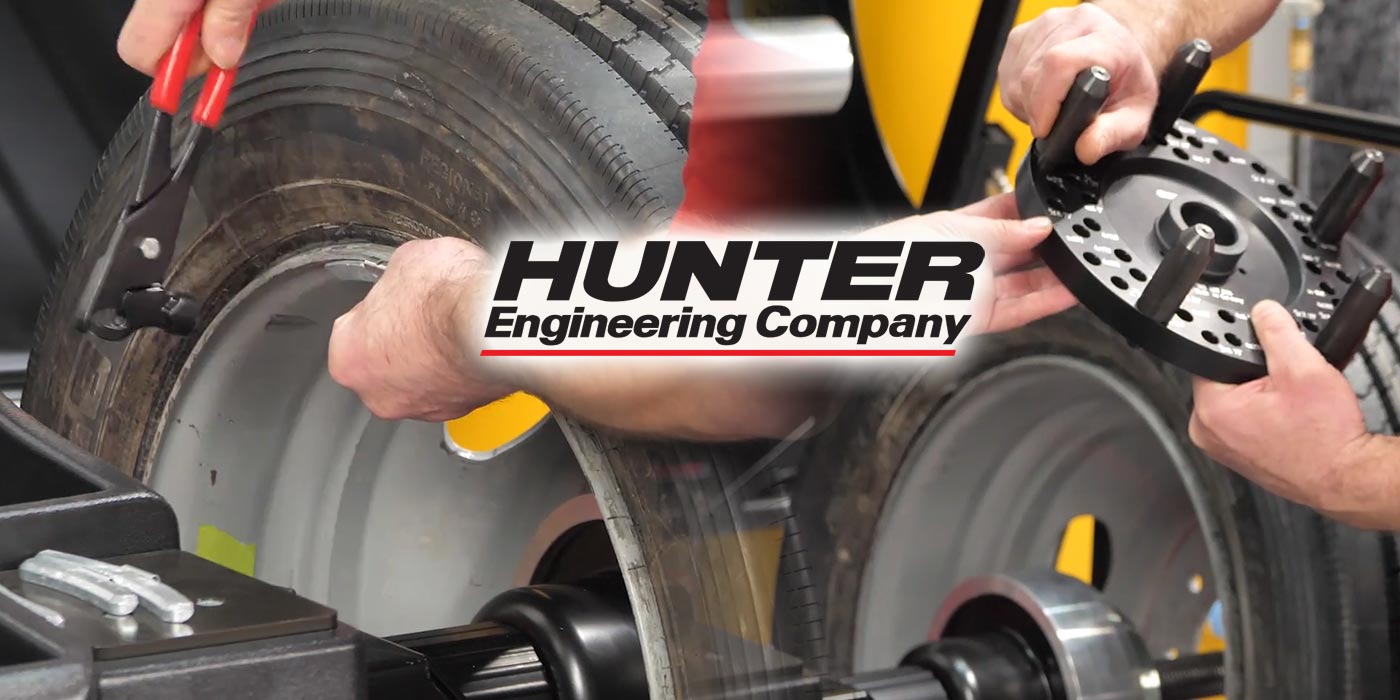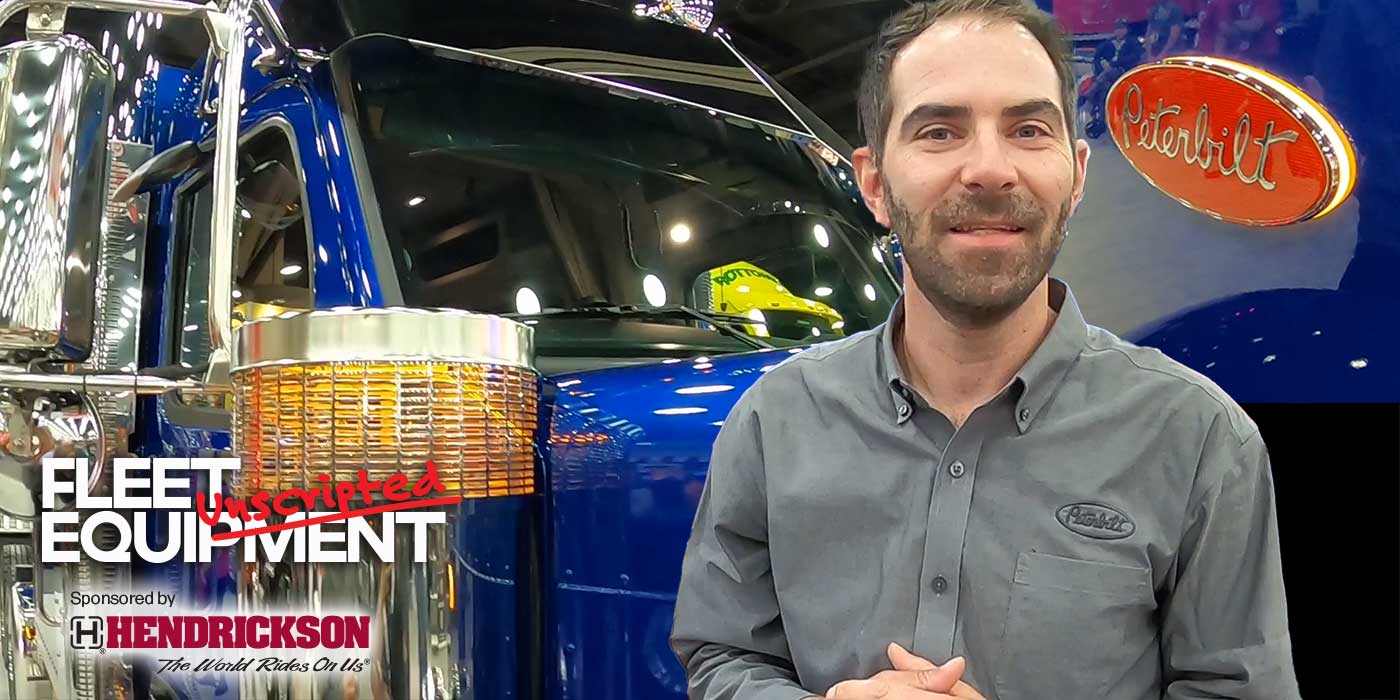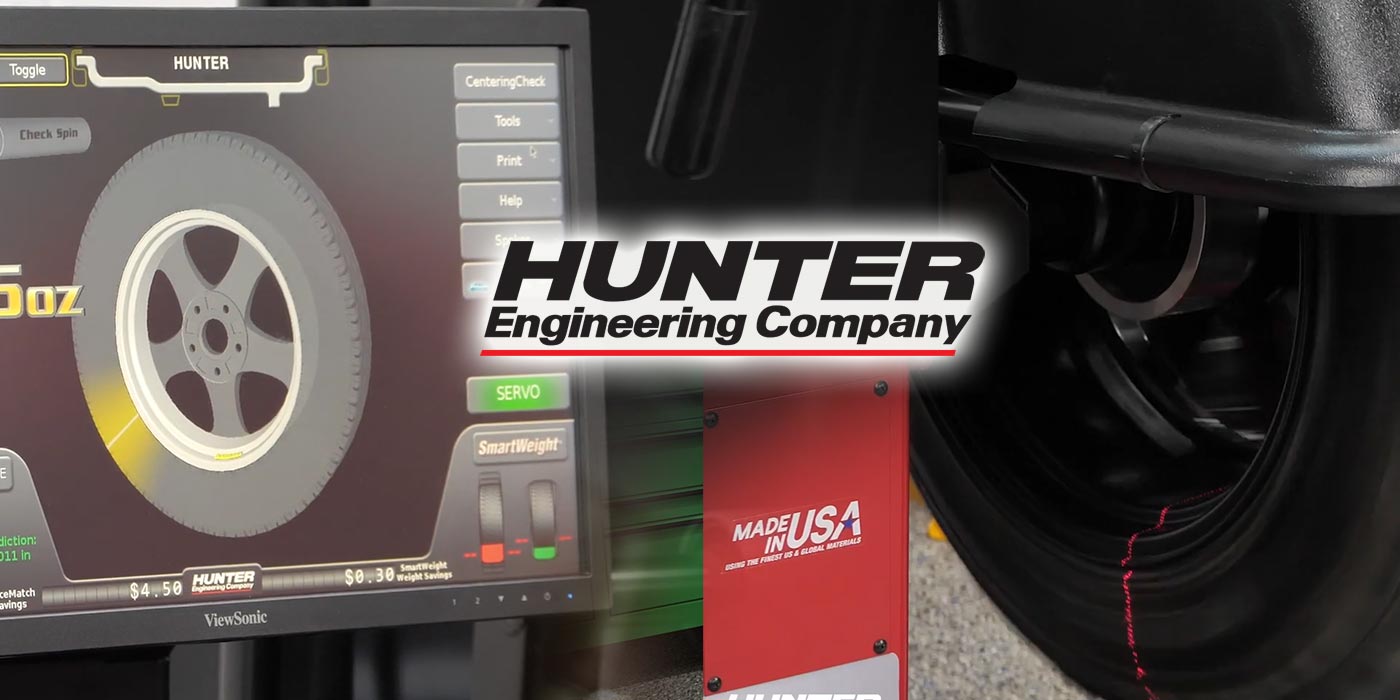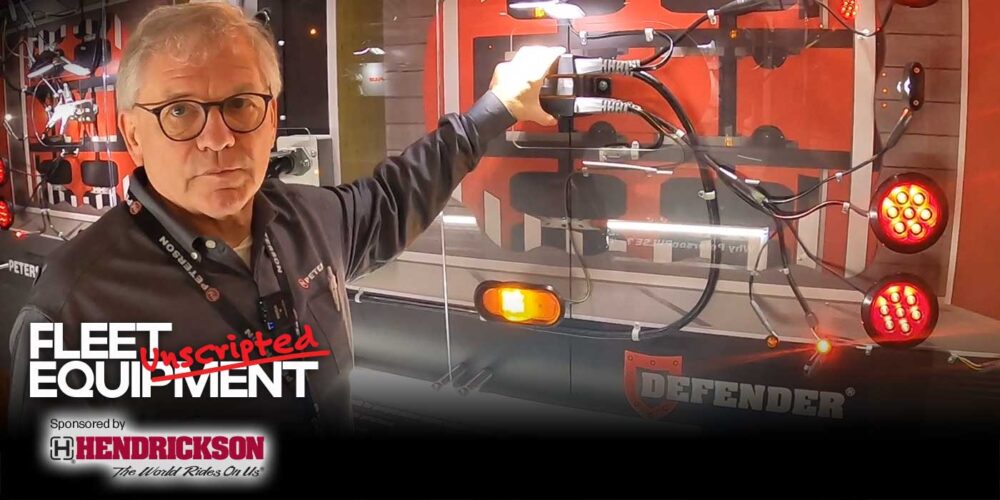In today’s competitive business landscape, the traditional mentality of “every man for himself” is no longer the prevailing mindset. Instead, an emerging and effective approach is the practice of “coopetition.” This term embodies the idea that companies within the same industry, which may normally compete fiercely for market share, can also find value in collaborating and forming strategic partnerships.
Motive and Platform Science have recently joined forces with a shared goal: to elevate road safety to new heights. In a parallel effort, UPS and Women in Trucking have united to champion increased female representation within the commercial space. Meanwhile, Nikola and Voltera have combined their expertise to fortify the infrastructure supporting alternative fuels to improve accessibility to sustainable transport. The state of Michigan has forged a strategic alliance with Daimler Truck North America. Together, they are working to increase the number of charging stations for electric vehicles.
This small snapshot of collaborations underscores just a fraction of a bigger trend, where industry players are aligning with diverse objectives and forging partnerships that tap into various CV segments. These collaborations, forged just over this summer, present a trajectory of ongoing partnerships in the industry.
Playing to one another’s strengths is a key concept to provide fleet customers with unified solutions to improve operations. One great example of this is Trimble, a technology service provider in the industry, which recently partnered with Cummins to provide a more enhanced fault code analysis through the joint effort of Cummins Connected Diagnosis. This allows its shared customer base to get the most out of both companies’ offerings when it comes to vehicle condition diagnosis.
While connecting with Kate Ashton, Trimble’s senior channel marketing manager, and Dwayne Lazarre, director of strategic accounts with Trimble, I was able to get an in-depth understanding into what solutions providers, product manufacturers and OEMs are looking for in partnerships and why they continue to gain traction in the industry.
“If you would’ve gone back years and years and years ago, the mindset was, ‘I have this information, this is our information, it’s proprietary, it’s our IP. We’ve got to keep it to ourselves and keep it locked up, and this is our secret sauce and that’s how we become successful’,” Lazarre said. “You fast-forward to the way things have transitioned, it’s quite the opposite now. Every different piece has its secret sauce, but it’s more about sharing that information. It’s more about integrations. No one is going to be successful doing this on their own.
“It’s this feeling that we all have to support each other for the greater good of the industry, the customers and what they need, and then working directly with them,” Ashton added. “I always say, ‘”‘Every partnership is unique, every relationship is unique, every offering is unique.’ That’s also the beauty of it all: that we’re able to have these really good conversations and end goals and match those then with the deliverables, the integrations, the relationship itself, and it’s ongoing.”
However, blind collaboration, or partnerships for the sake of partnerships, can create more work than what’s really necessary and could potentially blur the lines of where one company offering stops and the other one starts. Lazarre underscores that the endeavor to forcefully conjoin companies, all in the name of collaboration, could potentially yield more work, but not the desired results.
He says that the most successful partnerships are the ones where the companies say “you do that piece, we’ll do this piece, and then we’ll deliver the best of both worlds to our customer base.
“The ones that are less successful,” he continued, “are ones where there’s too much layering. They’re doing a piece of the same thing, we’re doing a piece of the same thing, and at the end of the day, who’s really responsible for owning that project?”
So how does Trimble define a successful integration?
“So I think the simple fact that if we can understand that solution process from the boardroom, meaning we’re delivering some type of ROI and it’s beneficial to the entire organization all the way down to the driver, it is making their life better, it’s improving their day to day,” Lazarre said.
As businesses hustle to keep up with the ever-changing needs of the commercial vehicle scene, wrapping your head around how all of this will impact your fleet is imperative for optimal operations so you can make the most of what’s coming your way. Being in the loop about these shifts allows you to squeeze out all the perks that come with it. But I think Kate put it best:
“We’re all in this together. We’re all participating at equal levels and we’re working together and it’s a super collaborative process, and the end result is a great experience for that customer and that continued commitment to the partner.”
Fleet Equipment’s On The Road is sponsored by Wix Filters. Subscribe to our newsletter to catch every episode as we dive into the best practices and servicing information to keep your trucks On The Road.













